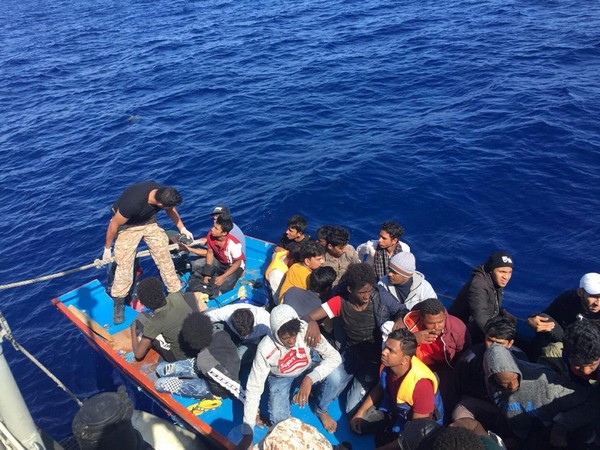UN Report Warns of Continued Impunity in Libya’s Tarhuna, Calls for Urgent Accountability
The report centers on the actions of the Al-Kaniyat, an armed group that took brutal control of Tarhuna, a city located 90 km southeast of Tripoli with a population of around 150,000.

A new UN report issued today highlights the severe and ongoing lack of accountability for human rights violations committed in the Libyan city of Tarhuna between 2013 and 2022. The report, produced by the Human Rights Service of the UN Support Mission in Libya (UNSMIL) and the UN Human Rights Office, cautions that the enduring impunity enjoyed by those responsible for these abuses threatens to exacerbate instability and deepen divisions in Libya.
The report centers on the actions of the Al-Kaniyat, an armed group that took brutal control of Tarhuna, a city located 90 km southeast of Tripoli with a population of around 150,000. The Al-Kaniyat, which rose to prominence in 2011, committed a range of atrocities during its control of the city, including killings, disappearances, sexual violence, abductions, torture, ill-treatment, forced displacement, and other grave violations of human rights and international humanitarian law.
UN High Commissioner for Human Rights, Volker Türk, expressed deep concern over the lack of justice for the victims, stating, “Years have passed since these terrible violations were committed, but the perpetrators have still not been brought to justice, nor have truth, justice, or reparations been delivered to victims and their families. The impunity must end – there must be accountability in accordance with international due process and fair trial standards.”
The report warns that the failure to address these crimes has led to renewed violence and further grievances in Tarhuna and its surrounding areas. Stephanie Koury, the acting Head of UNSMIL and Deputy Special Representative of the Secretary-General for Political Affairs, emphasized the dangers of ignoring the root causes of conflict, stating, “Leaving the root causes and drivers of conflict unaddressed will only serve to keep fuelling toxic cycles of violence and revenge between communities.”
In November 2022, the International Criminal Court's Prosecutor announced that additional applications for arrest warrants were being submitted in connection with the situation in Libya, underscoring the ongoing international concern over these issues.
The report calls for a comprehensive approach to transitional justice and reconciliation in Libya. It recommends the implementation of meaningful truth-seeking measures, effective reparations for victims, and guarantees of non-repetition, all designed in consultation with those directly affected. It also stresses the need for robust accountability through investigations and prosecutions of alleged perpetrators in line with international standards.
The integration of the Al-Kaniyat into the former Government of National Accord (GNA) and later the Libyan National Army (LNA) has been identified as a significant obstacle to achieving justice. As a result, many residents have been reluctant to participate in investigations or report crimes due to fear of reprisals.
This report builds on the findings of the 2022 Independent Fact-Finding Mission on Libya, which uncovered mass graves in Tarhuna containing hundreds of human remains, many of which showed signs of torture. The possibility that there could be up to 100 more such sites underscores the critical need for immediate and sustained international action to address these grave violations.
- READ MORE ON:
- Libya
- Al-Kaniyat
- Volker Türk










